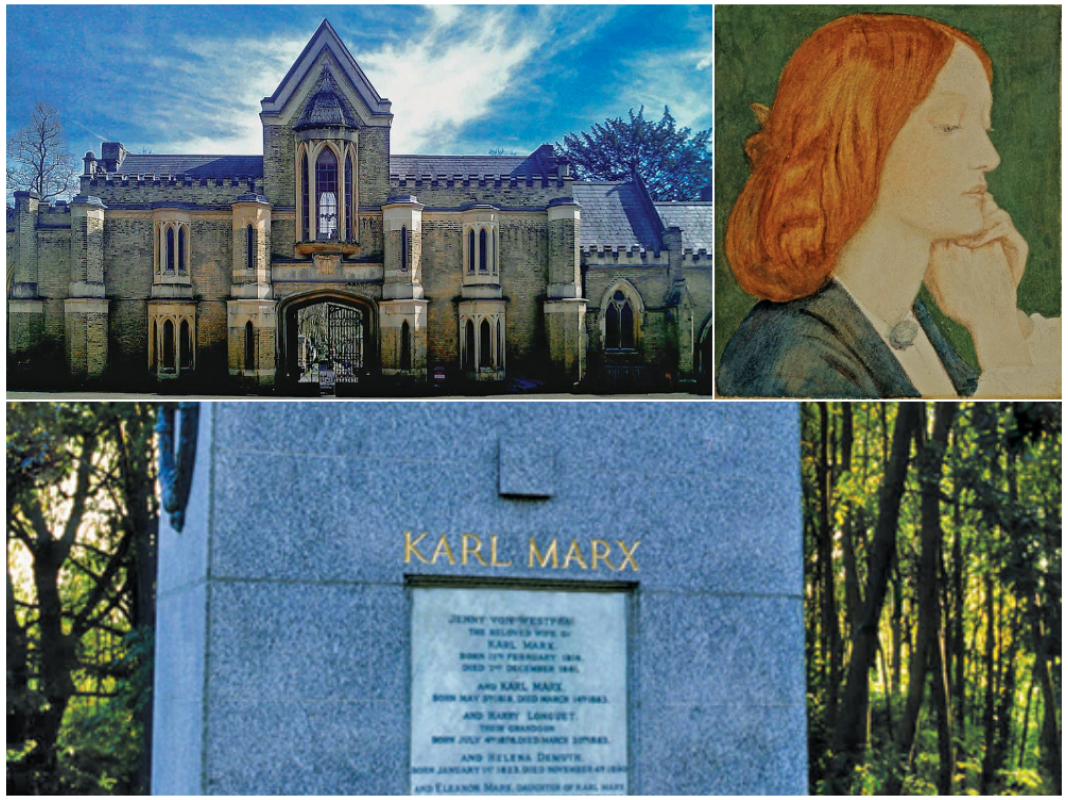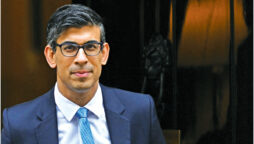
Seeping Through the Past
Karl Marx’s grave, Friedrich Engels’ speech and Elizabeth Siddal’s unparalleled beauty
I am heading to the Highgate Cemetery area for the third time. First in July 1999, then in December 2016 and this time in September 2022. Every time the speech of Frederick Engels starts echoing in my ears.
“On March 14, 1883, at three o’clock in the afternoon, the greatest thinking mind of our age ceased to think. We left him alone for barely two minutes and when we returned we found him peacefully asleep in a chair. He was forever asleep. The death of this man has caused irreparable damage both to the (ideologically armed) proletariat of Europe and America and to historical science. The loss of this Great Spirit has been irreparable. It will be felt very soon.”
I am moving on. Engels’ words are impressing my hearing as a great fact. He is addressing the mourners at the funeral of Karl Marx. Engels has been his intellectual and practical companion for decades. Both of them together exposed the ruthless and oppressive system prevailing in the world and its oppression. Friedrich Engels says in his speech.
“As Darwin discovered the law of development of organic nature, Marx discovered the law of development of human history. There is a simple fact, which has hitherto been obscured by the growth of a theory that the mankind’s first requirement is to get food, drink, shelter and clothing. Along with that, he can go ahead with politics, science, art, religion, etc. Therefore, the acquisition of immediate material means of livelihood and as a result the economic development of certain people or in a certain era forms the basis on which they are based in the light of ideas related to state institutions, legal concepts, art and even beliefs must be explained, and it is quite the opposite, as it has hitherto been.
Marx worked on capital throughout his life. He discovered the laws that subordinate production to capital. As if his real achievement is to discover the surplus value or surplus value of production. It is said that once Marx wanted to ask his mother for help by mentioning his needs and poverty, the mother scolded him and replied that as much as you have written against capital, if you would have written to earn capital, you wouldn’t need to ask me for help.”
Engels continued his speech by saying: “Marx did not only do this but he also discovered the special law of the driving force governing the present day mode of production and capitalist society, which created this mode of production. This surplus value’s discovery highlighted the problem to which all the investigations of both capitalist economists and socialist critics had been in the dark. Two such discoveries will last a lifetime. Blessed is the person who has the opportunity to make even one such discovery but Marx has made such investigations in not just one field but in many fields. None of his investigations were superficial but he made independent discoveries in every field, including mathematics.”
Marx’s social science is built on the principles of practical science. He also discovered the principles of historical materialism along with dialectical materialism. He discovered the essence of society, which is based on the conflict and evolution and called it dialectical materialism.
When we reached the road to Highgate Cemetery, we reached the mental asylum. Capitalism, which was born as a system in Britain, has shown another mastery that if you are going to Marx’s grave, the Highgate Cemetery, you must first pass the mental asylum. We left that path and took an alternative route past a school and a large park to the entrance of the Highgate Cemetery. As far as I know, this is the only cemetery where there is an entry fee. As if you want to go to the grave of the person who formulated the principles of fighting against capital, then go with £6. When we first came here, there was a reception on the left side at the entrance and a stall selling some Marxist pamphlets and other items. Now that stall has been shifted to the right side. As if now the stall on the left wing has been closed and the stall on the right wing has been opened and some religious idols and other symbols have been added to the cemetery.
After our second visit, some anti-Marxist people attacked his grave and tried to erase a quote engraved on it but this attempt of the attackers was in vain because when we got there, that quote was also restored in its place. It was written in golden words. Here too capitalism prevailed, the golden colour of the inscriptions on the tomb highlighting the importance of gold and capital. By the way, you should also read the words, which were considered necessary to be deleted.
“The philosophers have only interpreted the world in various ways. The point; however, is to change it?” This cemetery also has Marx’s wife Jenny von Westphalian, one of his daughters, two grandchildren and a maid. Marx was buried in the same place at an earlier location but after the grave was overcrowded, he was buried at the present location.
In this cemetery, in addition to Marx, Rowland Hill, the founder of the modern postal system, the famous novelist George Eliot and William Friese-Greene, the founder of photography. There is also the grave of a beautiful working woman who died on February 11, 1862 around 21 years before Marx’s death, whose beauty sparked a cultural movement. This movement gave birth to many poetic and art creations in the life of Elizabeth Siddal.
The movement that started inspired by the beauty of this woman Elizabeth Siddal was named Raphaelitism. This movement made her face the most beautiful face in the world. The famous painter of the world and the founder of this movement, Dante Gabriel Rossetti made pictures of this beautiful face in a thousand ways.
This cruel painter made his pictures with great frenzy and ferocity. Then he married Lizzie Siddal. After marriage the lover became the husband and the husband became unfaithful. He started to torture her beautiful face and body. The short hours of married life provided many untouched themes for literature and art. Siddal began using numbing drugs in search of relief. One day she took an overdose of medicine and left a note on her cause of death before committing suicide.
I walked from the grave of Karl Marx to the grave of Siddal, who has left a historical and monumental legacy with his countless writings for those struggling with hunger, poverty, disease and oppression.
“You have chains to lose and a world to gain” and this is the message of the revolution.
Catch all the The Globe News, Breaking News Event and Latest News Updates on The BOL News
Download The BOL News App to get the Daily News Update & Live News.











 Read the complete story text.
Read the complete story text. Listen to audio of the story.
Listen to audio of the story.